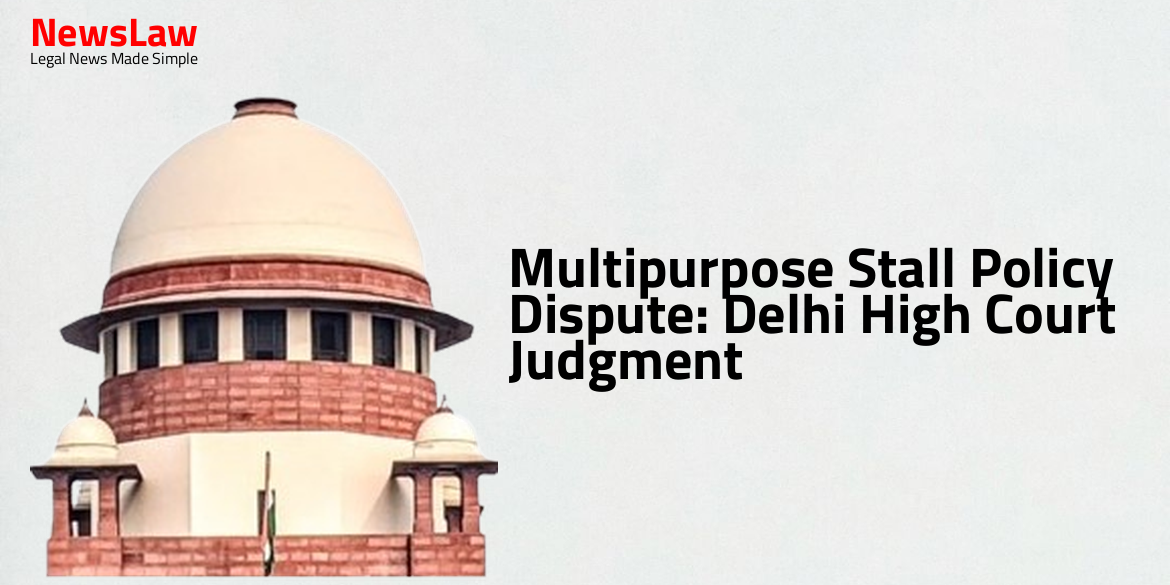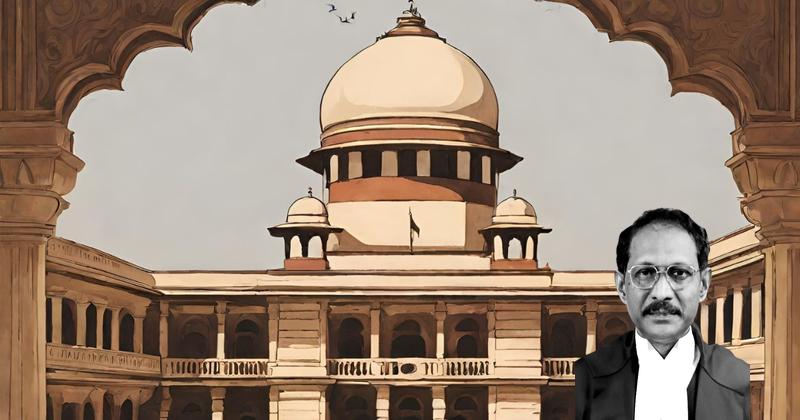In a recent judgment by the Supreme Court of India, the case of Govind Kumar Sharma(Appellants) vs. Bank was resolved. The appellants, who were tenants, became owners after an auction sale but saw their status revert due to non-compliance by the Bank. The respondent, the borrower, filed an application challenging the sale under Section 17 of the SARFAESI Act. The Court’s decision impacts the rights and obligations of the parties involved, leading to significant implications in the realm of auction sales and property ownership.
Facts
- Appellants challenged the judgment and order passed by the Allahabad High Court.
- The High Court dismissed the Writ Petition of the appellants.
- The orders passed by the Debt Recovery Tribunal and the Debt Recovery Appellate Tribunal were confirmed.
- The auction sale held in favor of the appellants was set aside and the appeal was dismissed.
- The firm (Original Name of respondent no.3) had taken a loan from the bank.
- A sale certificate was issued in favor of the firm on 30.03.2009.
- The appellants were tenants of the borrower in the premises put up for auction.
- After the sale was confirmed and the sale certificate was issued, the appellants’ status changed from tenants to owners.
- The borrower filed a securitization application under Section 17 of the SARFAESI Act to set aside the sale, alleging the bank did not follow proper procedures.
- The bid of the borrower was accepted initially, but they defaulted, leading to the Bank initiating recovery proceedings.
- In the recovery proceedings, the Recovery Officer conducted an open auction where the appellants emerged as the highest bidder.
Also Read: Judgment by Supreme Court of India in the Criminal Appeals of Chandra Kumar and Rishi Kumar
Analysis
- The Bank failed to follow mandatory notice requirements before conducting the auction/sale.
- The sale was rightly set aside based on the above finding.
- Upon setting aside the sale, the appellants’ status as owners automatically reverted to that of tenants.
- The appellants are not obligated to hand over physical possession to the Bank.
- The direction for the Bank to first take possession and then refund the auction money with fixed deposit interest is incorrect.
- The Bank must refund the auction money with interest applicable to fixed deposits due to their non-compliance in conducting the auction sale.
- The DRT’s order to quash the sale based on non-compliance of rules was justified.
- Interest on auction money should be calculated from the date of deposit till actual payment.
- The auction purchaser is not entitled to extra compensation as they have been enjoying the property since 2009.
- The DRT correctly set aside the sale as the Bank admitted non-compliance with statutory rules.
- Any additional amount with the Bank will be returned to the borrower.
- If any amount is still due, the borrower will pay it to the Bank.
Also Read: Supreme Court Judgement: State of Uttar Pradesh vs. Vivek Pal and Punit Pal
Decision
- The auction sale is set aside.
- The appellants’ status as tenants is restored.
- The borrower, the owner of the property, has the right to evict the appellants legally.
- The auction/sale money held by the Bank is to be returned to the appellants with 12% compound interest calculated from the deposit date.
- The accounts between the Borrower and the Bank will be streamlined, and a No Dues Certificate will be issued to the Borrower upon settlement.
Also Read: Rajasthan vs Hisar: Supreme Court Quashes FIR and Imposes Costs
Case Title: GOVIND KUMAR SHARMA Vs. BANK OF BARODA (2024 INSC 326)
Case Number: C.A. No.-005028-005028 / 2024



